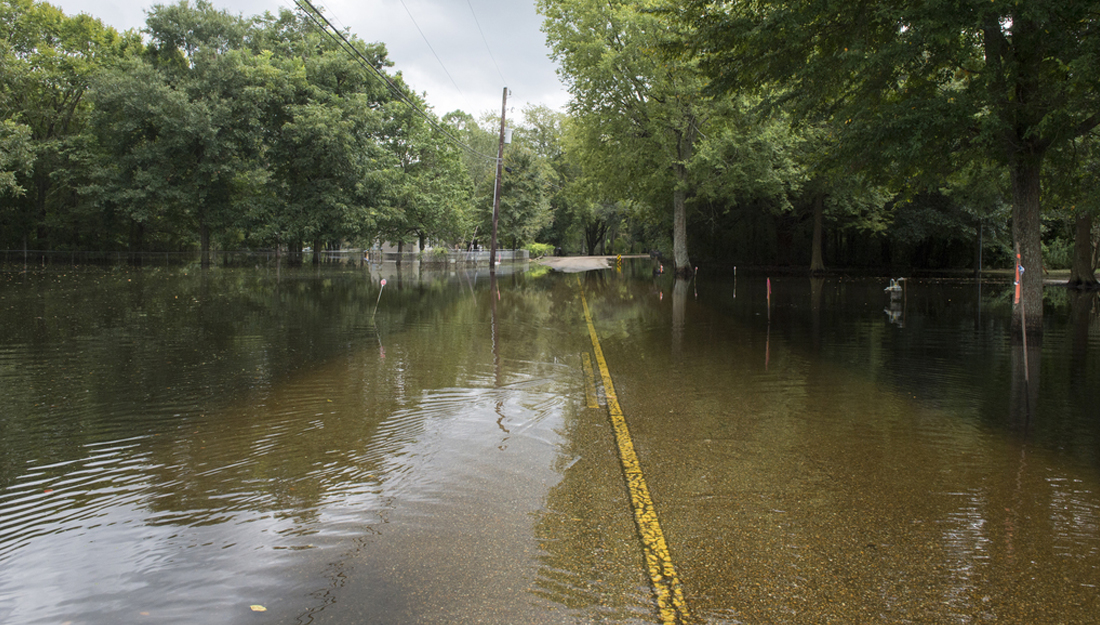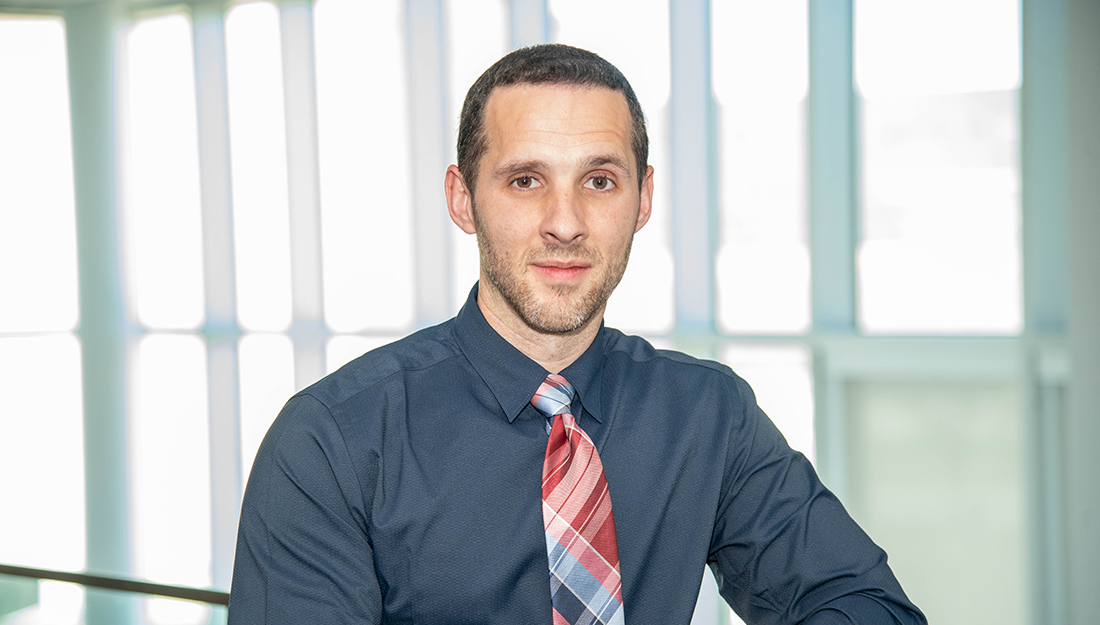Horney exploring new approach to gathering infrastructure data

A multidisciplinary team of researchers at Texas A&M University has been awarded an Early Concept Grant for Exploratory Research from the National Science Foundation to study the viability of collecting infrastructure monitoring data by volunteer citizen-scientists.
Jennifer Horney, PhD, associate professor at the Texas A&M School of Public Health, will work on the project with Texas A&M Engineering Experiment Station researcher Nasir Gharaibeh, PhD; Philip Berke, PhD, and Shannon Van Zandt, PhD, professors in the Department of Landscape Architecture and Urban Planning in the College of Architecture; and Michelle Meyer, PhD, an assistant professor of sociology at Louisiana State University.
Currently, data regarding infrastructure at the neighborhood scale is limited compared to the data available on large-scale infrastructure. To solve this, the goal of the project is to develop capabilities for collecting infrastructure monitoring data at the neighborhood level by volunteer citizen-scientists.
The study will focus on two questions to achieve that goal. First, what factors influence reliability of citizen-generated data at the neighborhood level? Second, can understanding those factors lead to the development of protocols for producing high quality data?
“Adequate infrastructure systems are an essential piece of building the resilience of communities to natural disasters,” Horney said. “In highly vulnerable and rapidly growing Gulf Coast cities like Houston, the complexities of addressing resilience requires multidisciplinary research with both technical and social components.” This team is also working on related projects as part of Texas A&M’s Environmental Grand Challenge, for which Horney serves as the health and environment lead.
This study will focus on stormwater infrastructure in neighborhoods in East Houston. This site was chosen because of strong existing engagement relationships with community groups, as well as the social and physical vulnerability of these neighborhoods, which have a long history of flooding and environmental issues.
Media contact: media@tamu.edu


